South Africa’s recent foreign policy has both surprised and dismayed Western diplomats and strategists. Many of these entered their careers during the era of the “end of history” when the Soviet Union had collapsed and with it, or so the thinking went, the last serious threat to the Western liberal order. Western democracy had triumphed, and policy doctrines of hard power and deterrence could give way to strategies of acquiescence and engagement.
In South Africa, the African National Congress Party of Nelson Mandela was coming to power. Given that its key ally the Soviet Union had collapsed, the ANC took a sufficiently circumspect view of the new unipolar global order for Western diplomats to conclude that it had become their ally.
It took Russia’s 2022 invasion of Ukraine to shake that assumption to its core. Emboldened by an increasingly multipolar global order, South Africa abstained from condemning the invasion at the UN and instead sent delegations for “goodwill visits” to a “long-standing ally” to discuss “recalibrating the global order.” The Russian navy was hosted for exercises, which commenced on the anniversary of the Ukraine invasion, while the US ambassador was savaged in diplomatic circles for implicating South Africa in arming the Russian war effort.
At odds with its carefully crafted image in Western capitals, the ANC was not a supporter of global democracy. Since the 1960s it had regularly taken money from despots, including Indonesian dictator Suharto, and more recently from Nigerian strongman Sani Abacha, Muammar Gadhafi in Libya, Saddam Hussein in Iraq and the state of Qatar. In each case cash was exchanged for diplomatic favors and sponsorship was becoming a key driver of the country’s foreign policy.
The dismay only increased after October 7, 2023. With the world still reeling from the horror of the terrorist attack, South Africa’s foreign minister was at once dispatched for a friendly visit to Tehran. Immediately on her return, Pretoria upped its historical charge of apartheid against Israel to include genocide — and took that charge to the International Court of Justice. The South African administration had developed a particular closeness to Iran since 2004 when the telecommunications giant MTN, then under the chairmanship of Cyril Ramaphosa (South Africa’s current president), vied successfully for an operator’s license in Iran. That transaction occurred amid allegations, aired in US and South African courts, of bribery and diplomatic favors. Members of Hamas became regular visitors at ANC conferences. Google Maps listed a “Hamas Office” in Cape Town. Hamas leaders were even honored guests at the 2017 party conference that saw Ramaphosa elected ANC leader.
Frustrated at White House indulgence of this behavior, members of Congress in early 2024 took matters into their own hands, proposing HR-7256, a bipartisan bill seeking a review of the bilateral rela- tionship with South Africa and demanding that the White House explain whether South Africa’s actions threatened US national security interests.
It would be a mistake to confuse the foreign policy orientation of the government with the perspective of the South African people. After October 7, the South African Jewish community, like many others around the world, put up posters of the hostages taken by Hamas. I was present when a group began pasting them along Johannesburg’s Nelson Mandela Bridge, a thoroughfare of chiefly poor and working-class people. In many Western capitals, these posters were torn down by pro-Hamas protesters, but here that was not the case. Passersby were taken aback; some stopped to read and ask questions; others offered a moment of prayer. The respect on display was a far cry from the shameful scenes that played out on American university campuses and in many Western cities.
Polling would seem to bear out the sense found in this anecdote: in 2024, South Africa’s Social Research Foundation released a poll that showing that 74 percent of South Africans support ridding the country of racial-preferencing policies — a view at odds with the drift of a lot of critical race theory-inspired social justice opinion in the West. Two-thirds prefer policies of tax cuts and job growth over those of welfare and redistribution. On the question of whether Israel practices apartheid policies, opinions were evenly split, despite a continuous avalanche of media and government propaganda claiming that it does. On foreign policy broadly, an absolute if narrow majority supports allying with the West against Russia and China.
This position was put to the test in May when the country held its seventh national election. In a misreading of public sentiment, the ANC paraded an agenda of racial preferencing and redistributive policies alongside its Israel-delegitimization campaign. At party rallies, giant Palestinian flags dwarfed South African ones and keffiyehs appeared around the necks of rul- ing party officials, including President Ramaphosa, who declared that “Palestine will be free from the river to the sea.”
Coming on the back of a decade that had seen power blackouts, massive corruption and a miserly 0.8 percent average GDP growth rate, South Africans recoiled. The ANC saw a record seventeen point drop in support, suffering its first-ever national defeat. Shocked at the extent to which the electorate had turned against it, circumspection returned and the ANC entered into a coalition with the pro-Western Democratic Alliance Party. The Islamist-sympathetic foreign minister was not returned to the cabinet and envoys were dispatched to Washington to patch up relations.
The success of this new unity government has the potential to secure some balance in South Africa’s foreign policy. Enthused at the prospect, the temptation now in the West is to go soft on the ANC and South Africa once again. That would be a mistake. This is no longer the era of the end of history. In South Africa as much as anywhere, hard power and deterrence must stay in the diplomatic toolkit to spur further reform.
This article was originally published in The Spectator’s December 2024 World edition.



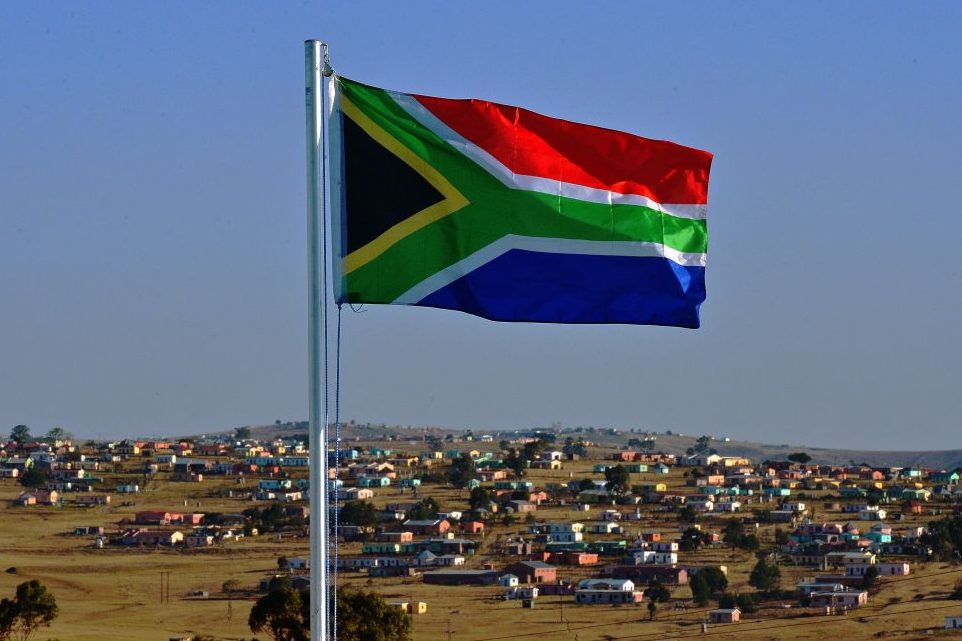







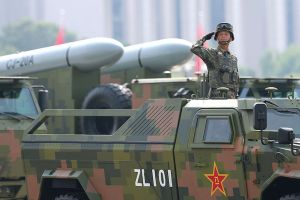
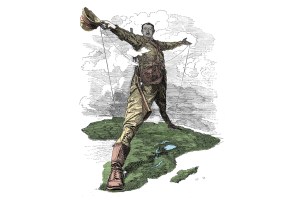
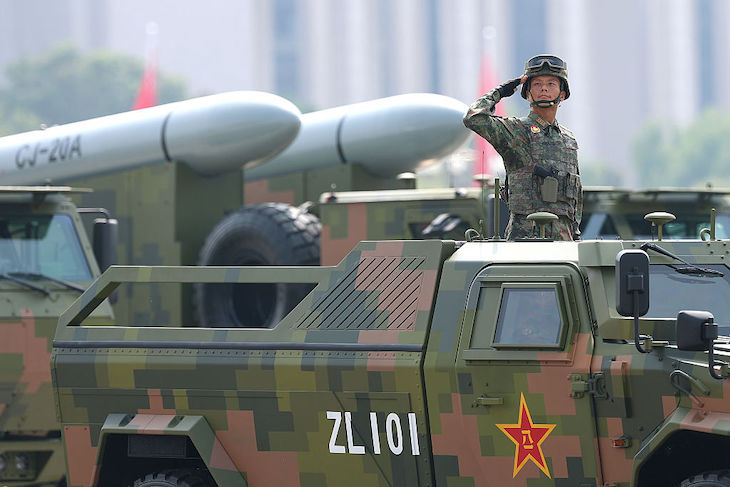
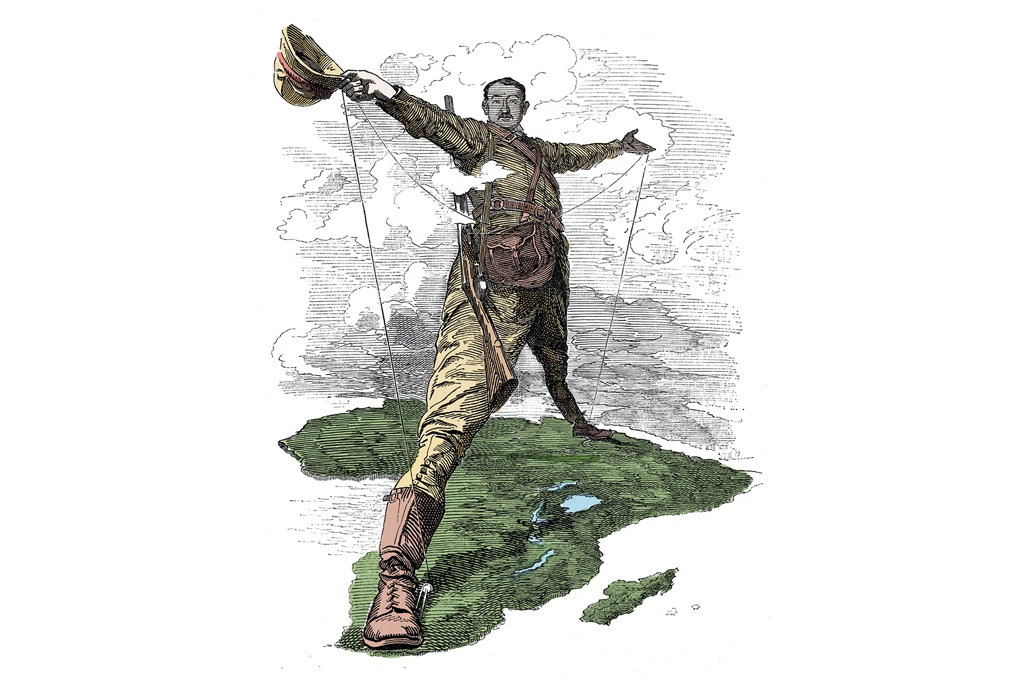
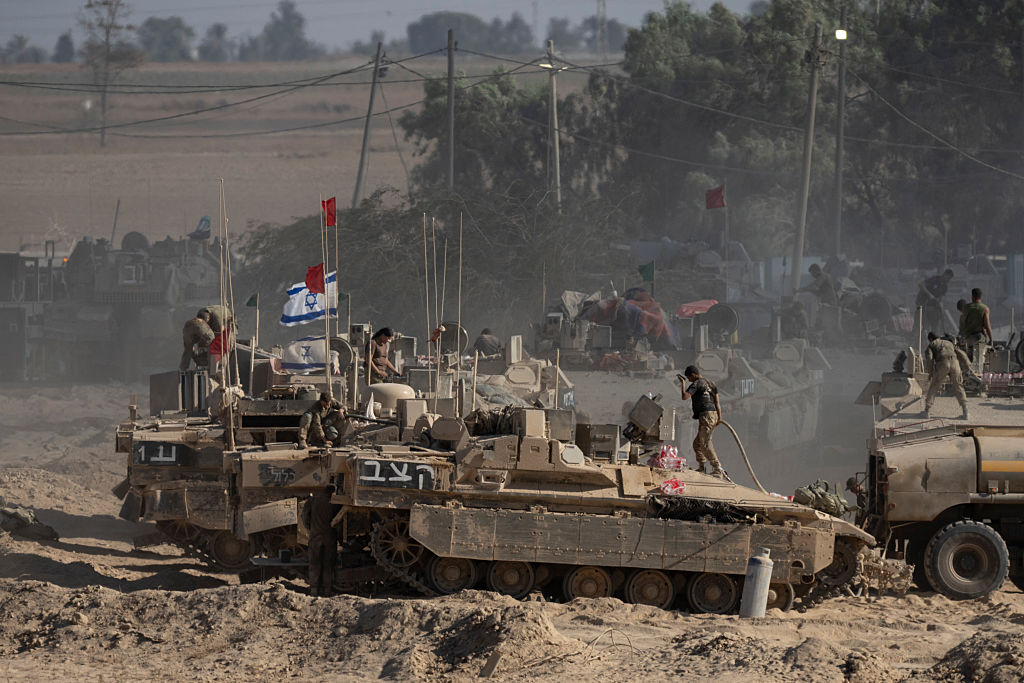
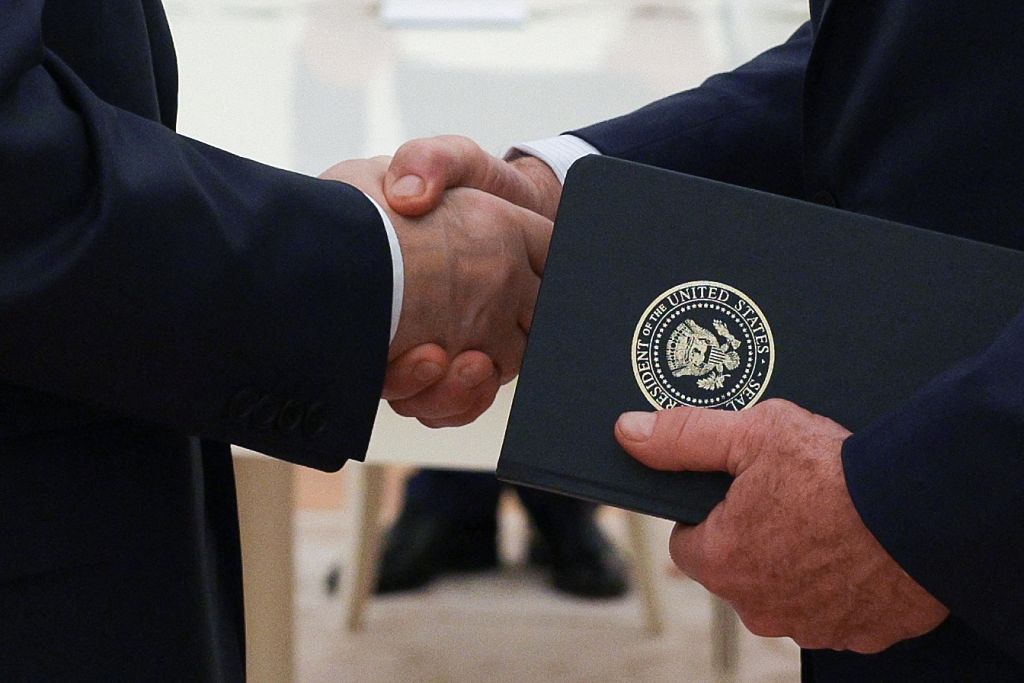
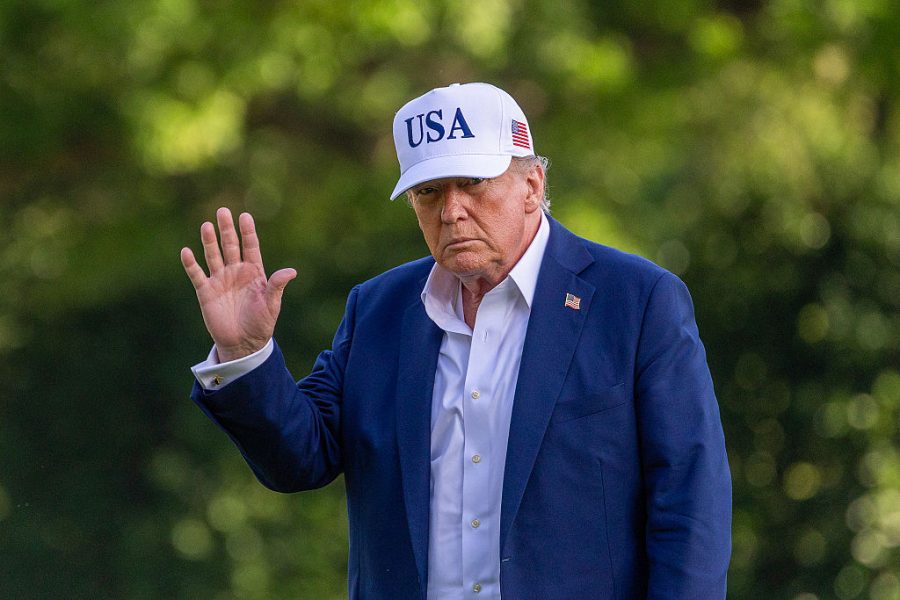
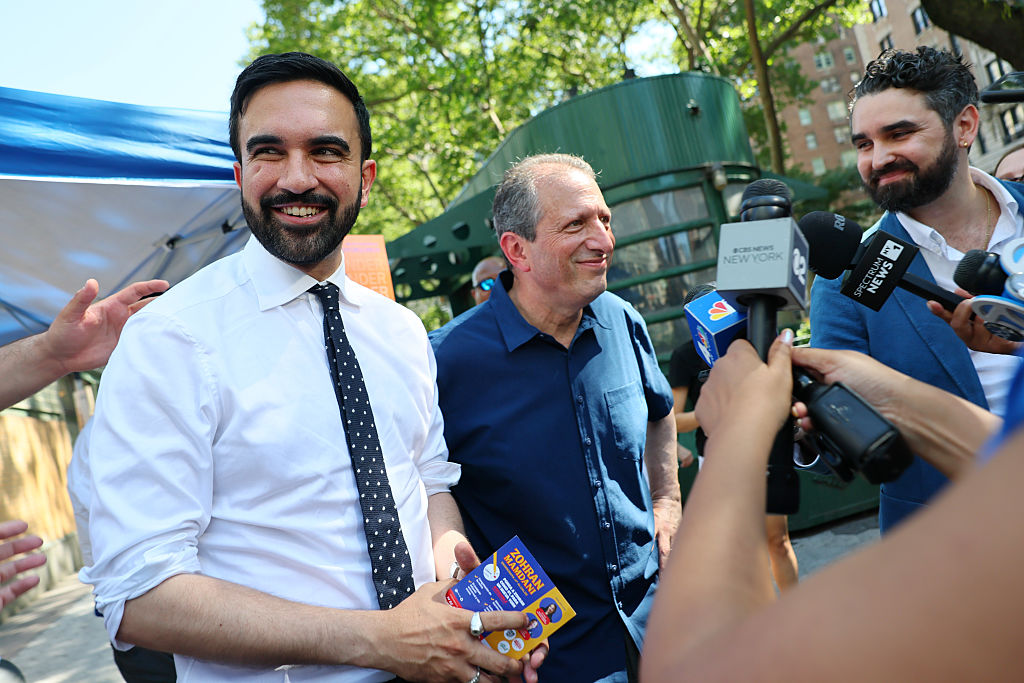







Leave a Reply